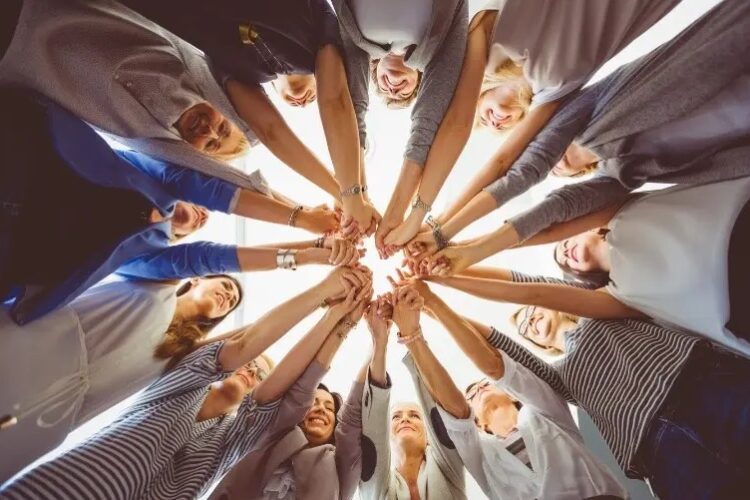Recovery from addiction is a journey, not a destination. While completing an initial rehabilitation program is a critical first step, it’s the ongoing support and community connections established afterward that truly build a foundation for lasting sobriety. The transition back into daily life presents unique challenges, often involving navigating old triggers, rebuilding relationships, and developing new coping mechanisms. Recognizing this, Utah has cultivated a robust ecosystem of aftercare resources designed to help individuals maintain their hard-won sobriety and thrive in their recovery. Access to consistent support is paramount, and Utah’s community network plays a vital role in strengthening long-term recovery outcomes.
The Strength in Numbers: Local Support Groups
One of the cornerstones of post-rehab support in Utah is the widespread availability and active participation in local support groups. Organizations like Alcoholics Anonymous (AA), Narcotics Anonymous (NA), SMART Recovery, and others provide accessible, free meetings throughout the state. These groups offer a safe space for individuals to share experiences, challenges, and successes with peers who understand the unique struggles of recovery. The principles of fellowship, sponsorship, and working through structured steps or principles provide ongoing guidance and accountability. Attending regular meetings combats isolation, reinforces commitment, and offers practical, real-world strategies for navigating sober living, proving that recovery is possible and you are not alone.
A Safe Transition: Sober Living Homes
For many individuals transitioning out of intensive treatment, moving directly back to their previous environment can be risky. Sober living homes in Utah offer a crucial intermediate step. These residences provide a structured, drug and alcohol-free environment with built-in support systems. Residents often adhere to house rules, participate in chores, attend meetings, and are held accountable by peers and staff. This setting allows individuals to practice independent living skills in a safe space, away from potential triggers and negative influences, while still receiving support. Sober living acts as a bridge, helping individuals gradually reintegrate into society with increased confidence and stability, significantly reducing the likelihood of relapse during this vulnerable phase.
Maintaining the Connection: Alumni Networks
Many centers of drug rehab in utah understand the importance of continued connection and actively foster alumni networks. These networks allow individuals to stay connected with the peers and staff from their original treatment program, creating a powerful, familiar support system. Alumni programs often host regular meetings, social events, workshops, and provide opportunities for mentorship. Staying involved with the treatment community that guided their initial recovery reinforces the lessons learned and provides continued encouragement. This connection serves as a tangible reminder of where they came from and the progress they’ve made, offering ongoing motivation and support from a trusted source.
Building a Foundation for Lasting Change
Utah’s commitment to supporting long-term recovery is evident in its diverse and integrated aftercare landscape. The combination of readily available peer support groups, structured sober living environments, and dedicated alumni networks creates a comprehensive safety net for individuals transitioning out of treatment. These elements work in tandem, addressing the social, practical, and emotional needs inherent in maintaining sobriety. By providing continuous support, accountability, and a strong sense of community, Utah significantly enhances an individual’s chances of achieving and sustaining long-term recovery, demonstrating that life beyond addiction is not only possible but can be fulfilling and connected.

